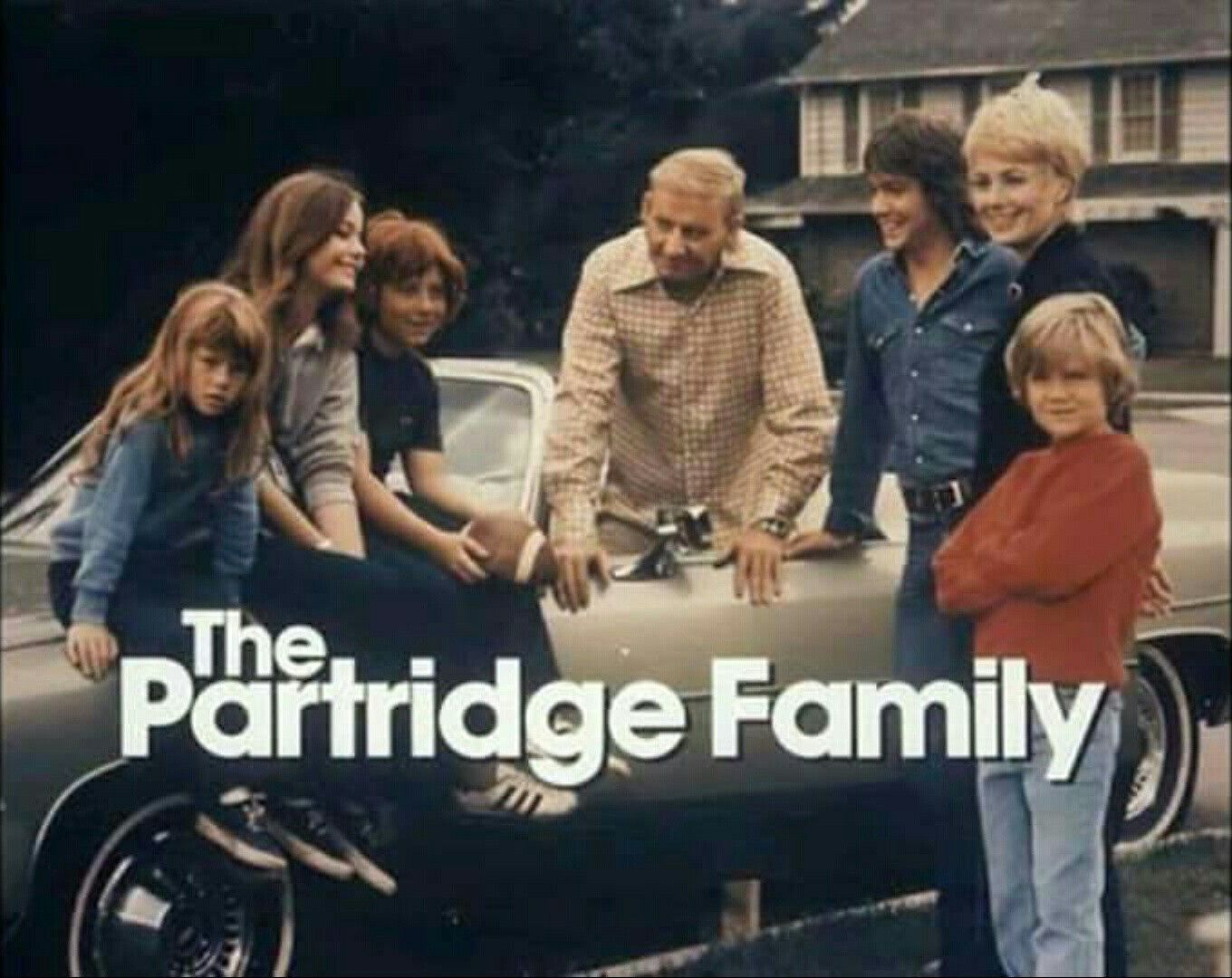
A pop postcard that still feels like a first confession—bright, breathless, and braver than it sounds.
The Partridge Family’s debut single “I Think I Love You” is one of those records that announces itself in the first bar and never loses you. Written by Tony Romeo, produced by Wes Farrell, and released on Bell Records on August 22, 1970, it arrived a month before the ABC series premiered—effectively introducing the TV family to radio first. Lead vocal belongs to David Cassidy, with Shirley Jones also appearing; the track was cut at United Western in Hollywood and dressed in the buoyant shimmer of late-’60s/early-’70s baroque-bubblegum. The public answered instantly: the single hit No. 1 on the Billboard Hot 100 for three weeks starting November 21, 1970, was named NARM’s best-selling single of 1970, and quickly earned RIAA Gold certification on November 11, 1970. In the U.K. it reached No. 18 (February 1971), while it topped the charts in Canada and later in Australia.
Part of the magic is in the players you don’t see. Behind the TV family brand sat L.A.’s ace studio corps—the Wrecking Crew—whose light-on-its-feet precision gives the record its clean snap and sunlit glide. Names like Hal Blaine, Larry Knechtel, Joe Osborn, Louie Shelton, Mike Melvoin, Tommy Tedesco, Dennis Budimir, and Max Bennett shape the rhythm and sheen, while the Ron Hicklin Singers/Love Generation thread those airy backing vocals that make the chorus bloom. Cassidy rides atop this fabric with a gleam that never turns hard; he sells the hook and the hesitation in the same breath.
The “story behind” the song is also a story about timing. Bell issued “I Think I Love You” just ahead of the series, then featured it in early episodes as the single climbed, a clever cross-promotion that let living-room familiarity supercharge radio momentum. When it finally claimed the Hot 100 summit on November 21, 1970, it held for three weeks before giving way to “The Tears of a Clown.” The single’s runaway success in North America helped launch The Partridge Family Album (October 1970) to a Top-5 peak on Billboard’s LP chart in early January 1971—one of those mutually reinforcing moments when TV, radio, and retail all pulled the same direction.
But statistics only explain how far it traveled, not why it stuck. The lyric itself is deceptively simple: a nervous mind circling a revelation, trying the words on for size—I think I love you. Romeo’s craft is to make that ambivalence sound exhilarating. The verses carry a gentle worry; the chorus answers with a melody that lifts like a window thrown open. Cassidy’s reading splits the difference between teen-rush and grown-up candor. He doesn’t belt the confession into certainty; he confides it, as if half-hoping the admission, once spoken, will become true. That balance is what older listeners hear now: not just puppy love, but the memory of your first real risk, when excitement and fear were the same voltage.
Musically, the arrangement is a model of scale. There’s baroque sparkle in the keyboard figures and string colors, but nothing fussy; the rhythm section moves with breezy inevitability; the background vocals cushion the title phrase so that it lands like relief, not drama. You can hum the hook after one listen, yet the record rewards the hundredth—listen for the way Blaine’s drums lean into the chorus, the tidy guitar interjections that answer Cassidy’s lines, the little breaths that keep the performance human. This is craft designed to feel effortless.
Context sharpens the meaning. For many, “I Think I Love You” was an introduction to David Cassidy as a singer, not just a face on a poster or a character on Thursday nights. He would go on to prove his range on solo records and deeper album cuts, but here you already hear the instinct that anchored his best work: keep the sentiment clear, keep the phrasing kind, keep the door open to the listener’s own memory. It’s no accident the record was a phenomenon across age groups in 1970; it honored both the rush of being young and the wisdom of admitting what you feel.
Half a century on, the song still feels like a small dare to be honest. Play it today and you’ll sense why it became the season’s soundtrack: it makes confession sound like joy. For those who lived it, the opening bars carry the scent of school hallways and car radios; for those who met it later, the title still names the delicate moment before certainty—when your heart has already decided and your mouth is catching up.
And that’s the enduring trick of “I Think I Love You.” It doesn’t try to be profound; it tries to be true. In three sparkling minutes, it takes you right back to the doorway where you pause, breathe, and finally say what you mean.